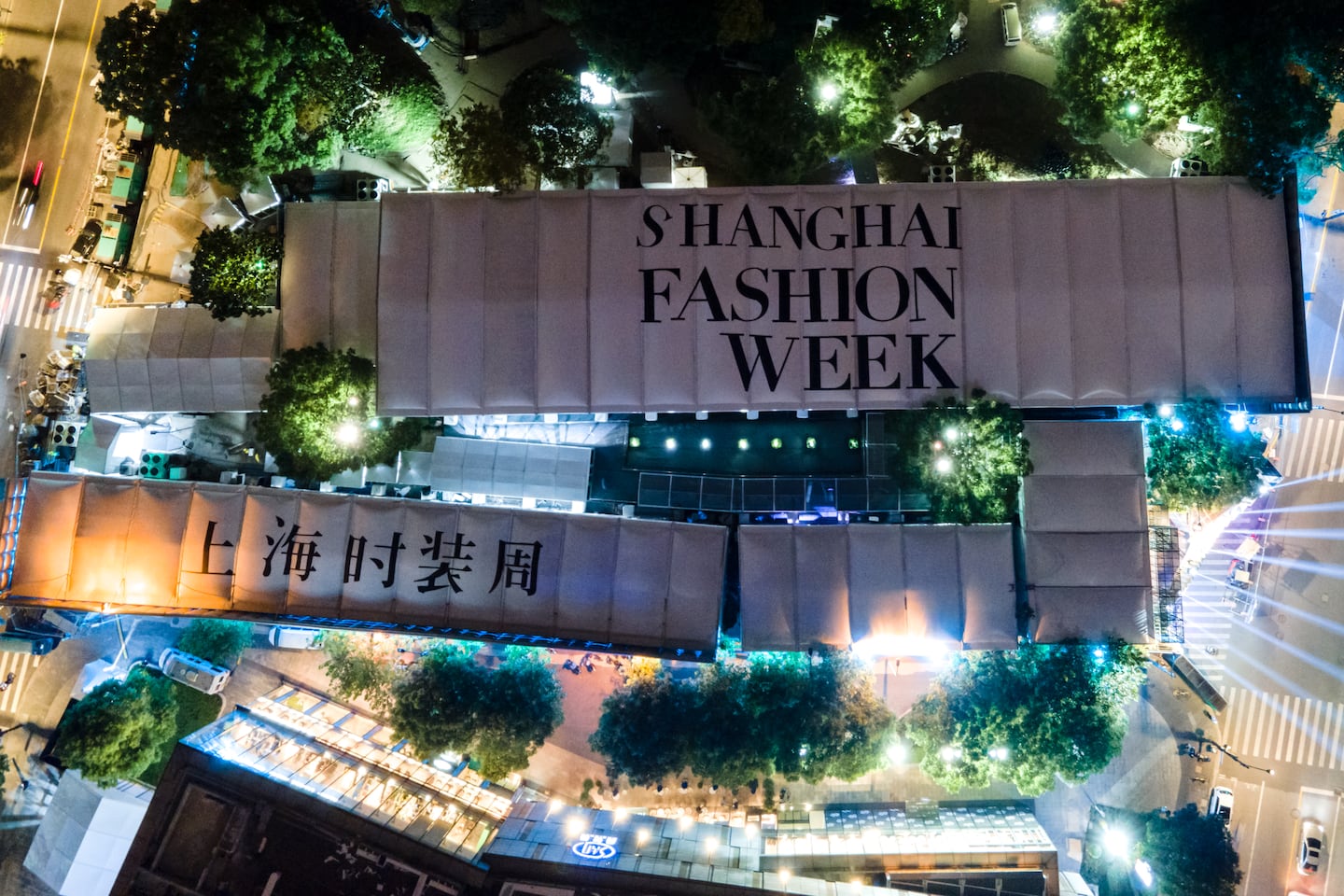
The Business of Fashion
Agenda-setting intelligence, analysis and advice for the global fashion community.

Agenda-setting intelligence, analysis and advice for the global fashion community.

Shanghai Fashion Week, which will run from April 6 to 13, has tapped livestream sensation Li Jiaqi (aka Austin Li) to host two events on its opening day, including the launch of its consumer-facing Shanghai Fashion and Lifestyle Carnival. The influencer, who boasts nearly 50 million followers across Weibo, Xiaohongshu and Alibaba platforms, is considered one of China’s most powerful sales drivers and will host an event in partnership with Alibaba’s Tmall platform alongside a livestream to promote Chinese design with emerging designer platform Labelhood.
Shanghai Fashion Week also named Xiao Xue, former editor-in-chief of Elle China, an ambassador for a three-year term. She will play a role in supporting Chinese brands, promoting sustainability and women’s empowerment.
Though the schedule will continue to place weight on B2B activations like runway shows, showrooms and trade shows, the two collaborations are a part of the organising committee’s post-pandemic bolstering of its B2C offering with events catering to a mass audience using influencers, digital campaigns and social commerce.
Shanghai Fashion Week experimented with this twice last year by collaborating with another livestreaming star, Viya. Her personal brand, ITIB, presented in October, attracted more than 20 million views and made nearly 200 million yuan ($ 30.72 million) in sales on the day.
With consumers tightening their belts in China, the battle between global fast fashion brands and local high street giants has intensified.
Investors are bracing for a steep slowdown in luxury sales when luxury companies report their first quarter results, reflecting lacklustre Chinese demand.
The French beauty giant’s two latest deals are part of a wider M&A push by global players to capture a larger slice of the China market, targeting buzzy high-end brands that offer products with distinctive Chinese elements.
Post-Covid spend by US tourists in Europe has surged past 2019 levels. Chinese travellers, by contrast, have largely favoured domestic and regional destinations like Hong Kong, Singapore and Japan.